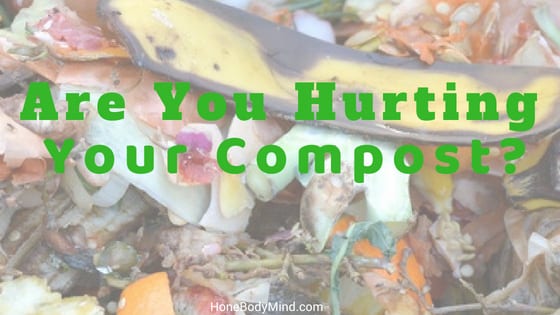I love having a garden, although I am late to the game and still actively learning and growing my own vegetables. I by no means am a master gardener, but I have learned somethings that work and somethings that hinder a garden. Growing your own organic food and eating that food while maintaining your garden, will increase the quality of your life in many ways.
Your health and your stress levels are just two very important ones.
Nothing is better for your garden than your making your own quality compost.
Not Having Enough Diverse Organic Materials
The beauty of maintaining and using compost is the wide amount of materials that can go into the compost bin or pile. Sure you can just use grass clippings or leaves to make pretty good compost, but you are missing out on having truly remarkable compost by using just a couple of items. The more diverse the organic materials you use, the greater your compost is going to be.
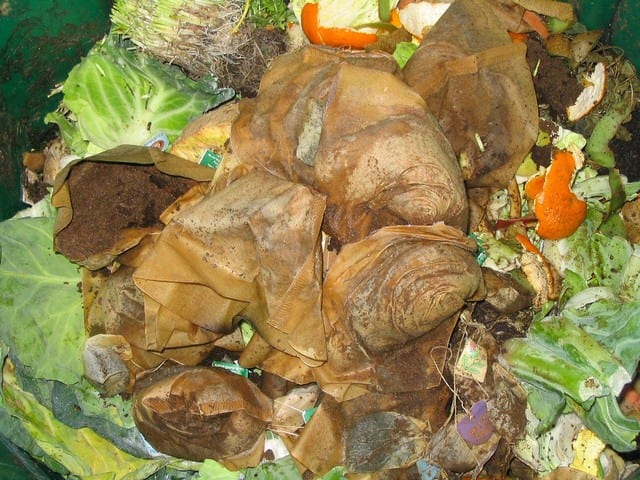

Kitchen scraps are where most people can easily get their diversity. The sheer amount of different vegetable, coffee grounds, and fruit scraps can be quite staggering. These are all grown in different soil conditions, as well as different parts of the world, which give your compost pile quite a broad range of diversity of nutrients. This wide range of nutrients along with your own yard waste will greatly impact your soil where ever you apply it.
Using Tap Water
Water is a key component to making compost.
Without it, the material will just essentially just sit there. Doing little to nothing. But by just adding the right amount of water the materials will begin to break down and turn into plant-enriching materials. Adding enough water and the right kind of water will make your compost hot. The hotter your compost is, the quicker it breaks down. The right amount of water is generally given as an example of a wet sponge after it is wrung out.
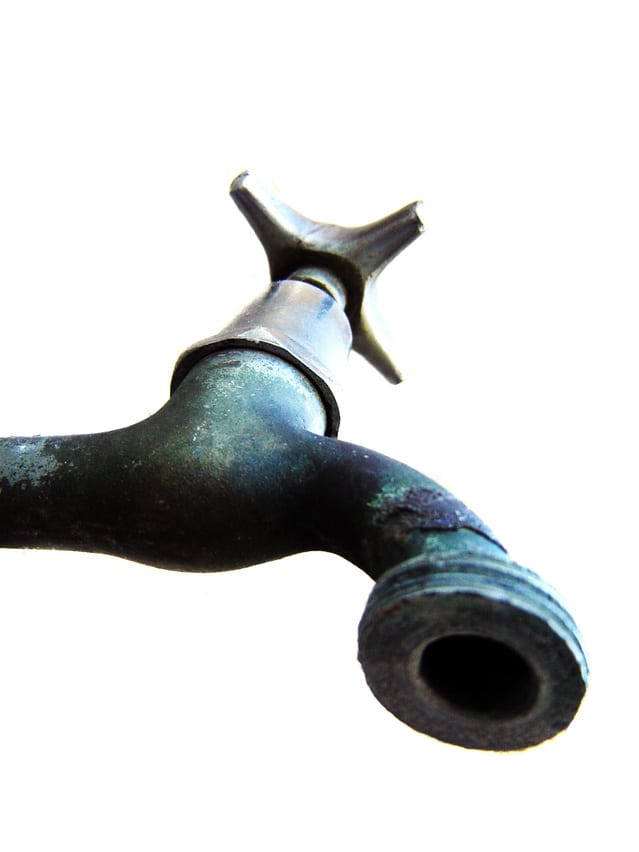

From my own personal experience when I first started making compost with a compost bin made from a garbage can with many holes drilled into the sides to allow it to breathe, I used regular tap water from the hose, as I live in a city, and that city uses chemicals that keep the water free of pathogens, like bacteria, viruses, and protozoans. Most cities use these chemicals to keep the water safe to drink.
Chemicals In City Water
While I saw results and the compost eventually got hot, it doesn’t even compare to when I started using a garden hose filter. As I use this now on watering all my plants that are outside, garden vegetables, shrubs, berry bushes, and yes…my compost.
I found that using a quality garden hose filter that filters out the harsh chemicals really benefits my compost and plants. My compost got hotter a lot faster when using filtered water. Which means I am able to use it sooner in my garden. I believe if you use regular tap water it kills some of the beneficial micro-organisms that break down the plant material. Those beneficial bacteria will eventually recover from the initial exposure of the chemically treated water but…it will take more time.
I am not willing to compromise on time since I live in a northern state (Wisconsin) that has a short growing period. As winter is coming, and it always comes faster than I want it to.
I wrote a blog post highlighting some of the best garden filters that are sold; it can be found here Best Garden Water Filters. These filters easily attach to your hose and provide adequate filtration.
Myths About Adding Onions & Lemons To Your Compost
Lemons
I’ve read that adding onions and lemons to your compost will hurt it. I have found that for me, it hasn’t hurt my compost at all. I daily add fresh lemons to my drinking water and thus have a lot of lemon rinds to dispose of. Of course, I put them in my compost. I don’t want to add to the landfill problem, as well as I want to have a lot of compost on hand. I on average, use about one lemon a day. And my compost doesn’t seem to mind at all.
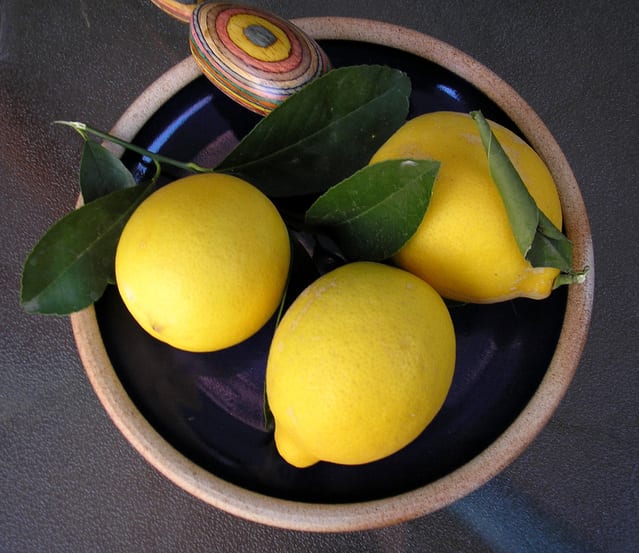

I might add I always place the lemon rinds on top of the pile. After being stored for about one week in my kitchen scrap bin, as I empty this into my outside compost bin about once a week, the rinds are about to turn or have already started to mold. I really had problems with smell and gnats with just using some sort of bucket to collect kitchen scraps, but since investing in a good kitchen scrap, the problems have all been solved. Head over to my page, Best Compost Bin For The Kitchen if you’re still using a bucket to collect waste and reap the rewards without the smells and fruit flies.
Onions
Onions are used in my household pretty often as well. I also haven’t found this to be a problem when adding it to the good ole compost bin.
Making A Flat Pile
Depending on the size of your compost and the type of compost pile you have, you can get some real heat just by altering the shape of the pile. This only applies if you are composting your materials in a pile on the ground or slightly off the ground. Or even when you are starting your compost, and you don’t have a lot of materials in it yet, this is especially important.
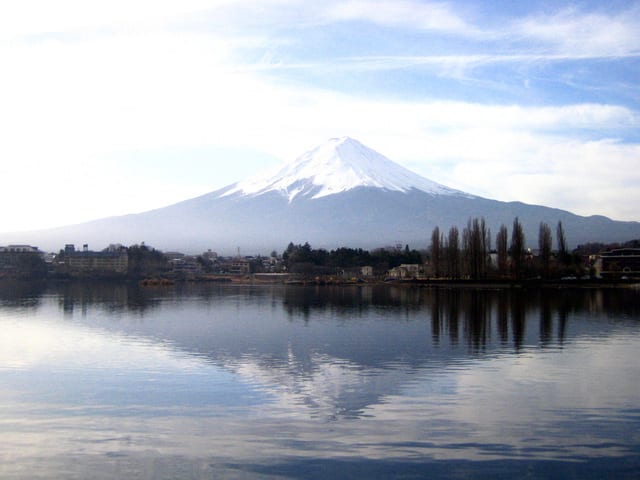

Make the pile in the shape of a mountain, where the materials have a definite peak and slope to it. This allows for more heat to be generated, as opposed to having just a flat pile. This really works to get the heat up and for breaking down the material into rich life-giving soil.
People report that this simple technique greatly helps their compost pile, where before they struggled with making compost.
Conclusion
Hope my little tips help to get your compost heated up and producing vegetables, fruits, and flowers.
If you have any experience of knowledge about creating better compost, please feel free to share below. As I am always eager to learn and share ideas here at HoneBodyMind. Thanks!
Share This: